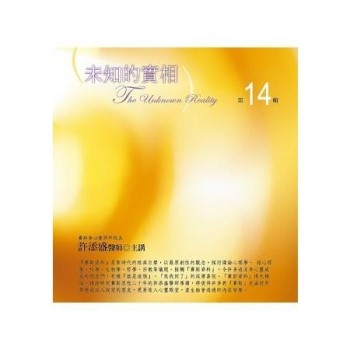From revival meetings held in abandoned storefronts to seminars conducted in university halls, author R. Eugene Bales stumbled his way from youth as a fledgling fundamentalist preacher to adulthood as a nonbelieving academic.
Through a series of essays, he chronicles his spiritual journey that began in a white frame building that housed the Church of God in a dust-blown southwestern Kansas town. Here he learned the books of the Bible, was born again, baptized, sanctified holy, sang specials for Sunday morning services, and preached his first sermon. While attending the University of Wichita and serving as assistant to the pastor in a suburban church, he experienced an epiphany of doubt that collided with the teachings of his boyhood church. Advanced training in philosophy gave him analytical tools that he neededto critically evaluate conceptual underpinnings of religious claims.
In But Then My Voice Changed, Bales explains why traditional notions central to religious faith are fundamentally incoherent. He argues that the evidence of so-called religious experience is a chimaera, and he challenges orthodox pictures of the relationship of the body to the soul; of the continued existence of a conscious, disembodied soul after death; of heaven and hell; of miracles, the resurrection, and the efficacy of prayer.












